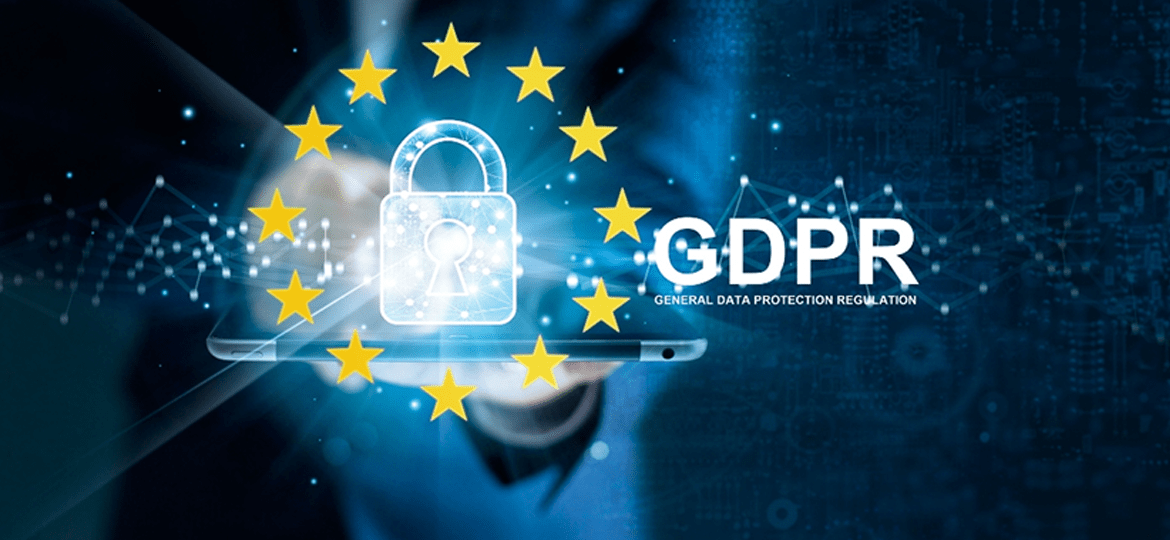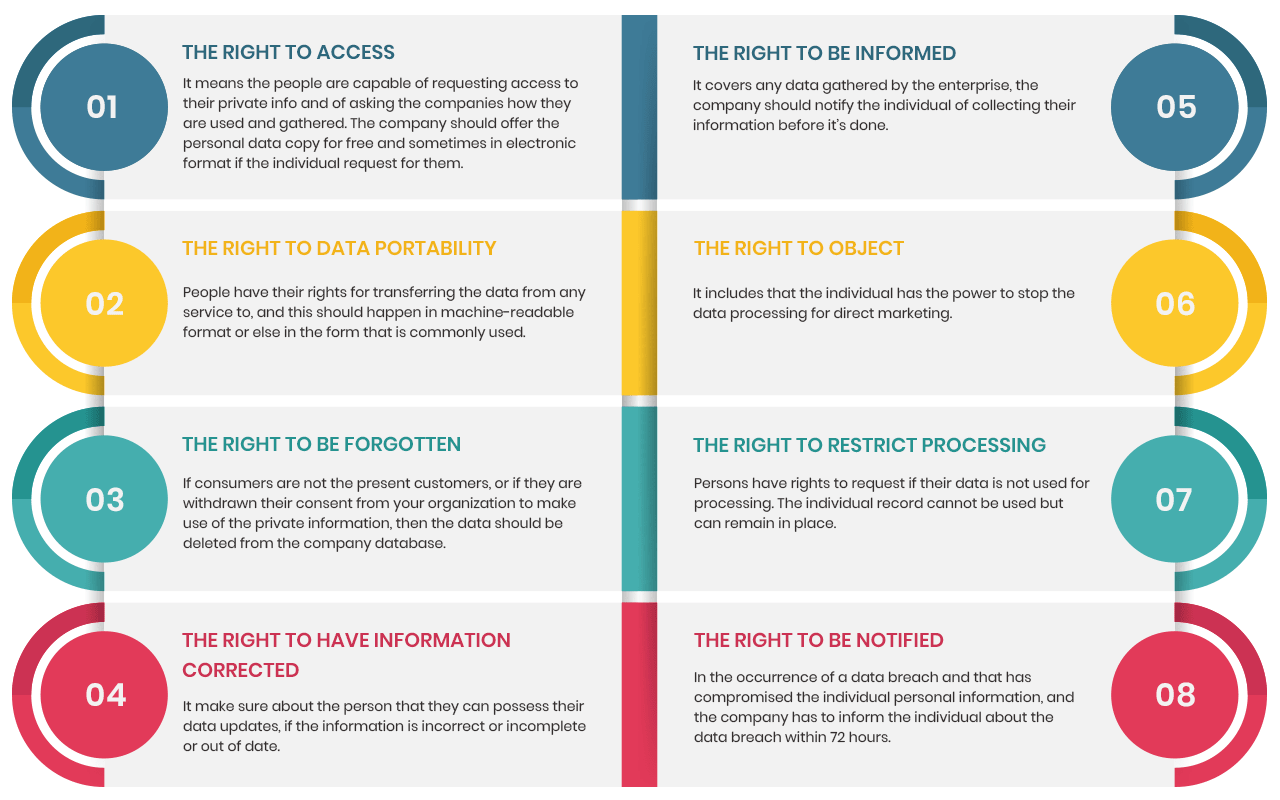
What is GDPR and How Does it Impact Your Business?
The GDPR (General Data Protection Regulation), which came into effect from May 25, 2018, has completely changed the process of businesses. This regulation acts in every local privacy laws across the entire EEA and EU region, which is applicable to every company, which stores the personal information about Europe citizens including the enterprises from Non-EU countries.
What GDPR regulation is that EEA and EU citizens have higher control over the personal data and they are assured that their data is protected securely across the European Union. The personal data includes the information like name, an email address, update on social networking websites, medical information, a photo, bank details, location details, or a computer IP address according to the directive of GDPR.
There is no difference between the individuals and personal data in the work roles, public or private areas where the person act as a person. While considering the B2B scenario, all is about a single individual co-ordinating and sharing information about one another. The B2B market customers are enterprises, but the relationships between them as considered as the transaction between individuals
What are the eight fundamental rights of GDPR?
The right to access: it means the people are capable of requesting access to their private info and of asking the companies how they are used and gathered. The company should offer the personal data copy for free and sometimes in electronic format if the individual request for them.
The right to data portability: people have their rights for transferring the data from any service to, and this should happen in machine-readable format or else in the form that is commonly used.
The right to be forgotten: if consumers are not the present customers, or if they are withdrawn their consent from your organization to make use of the private information, then the data should be deleted from the company database.
The right to have information corrected: it make sure about the person that they can possess their data updates, if the information is incorrect or incomplete or out of date.
The right to be informed: it covers any data gathered by the enterprise, the company should notify the individual of collecting their information before it’s done.
The right to object: it includes that the individual has the power to stop the data processing for direct marketing.
The right to restrict processing: Persons have rights to request if their data is not used for processing. The individual record cannot be used but can remain in place.
The right to be notified: In the occurrence of a data breach and that has compromised the individual personal information, and the company has to inform the individual about the data breach within 72 hours.
How does GDPR impact your business?
GDPR is applied to all organizations and businesses that are incorporated in the EU, regardless of if the processing of data is done in the EU or other places. Even a non-EU integrated enterprise will be subjected to the GDPR, if that business providing services or goods to the EU citizens.
There are penalties for the organizations and companies who do work on these, and they will have to pay a fine up to 20 million Euros or else 4% of annual global revenues.
The conditions of acquiring consent are too strict under the requirements of GDPR, and the person has their rights to withdraw these consents at any period. GDPR has changed many things for enterprises namely the way that marketing activities are done and the way sales teams prospects.
About IntellectFaces GDPR data security:
IntellectFaces helps to identify GDPR data, analyze and monitor in the case of any suspect behaviors and then file activity on GDPR data to get ready for the data-centric security approach of the GDPR.


